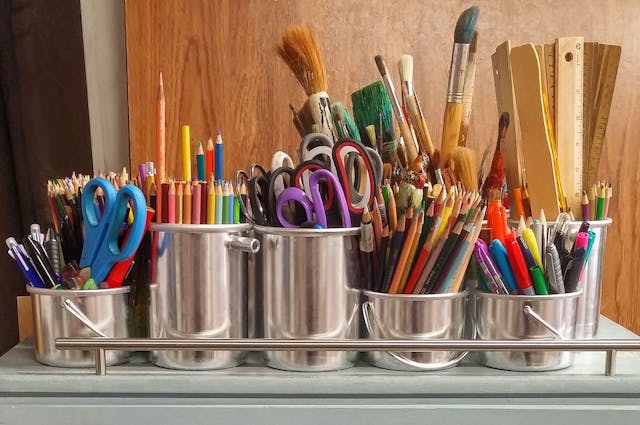For many of us, the times we have spent with our friends rank among the most enjoyable of our lives and are among the memories we cherish the most. As we get older, we will inevitably make new friends, while others will become lifelong companions.
When things are going well, it is not hard to be a good friend to those around you. But what should we do when things are not going so well? Many things can happen in our lives that we need our friends to help us through—relationships, family, bereavement. Having a supportive friend can make all the difference in stressful times.
The following are some ways in which a friend can be supportive during difficult times.
Figure out how to spot when thy need urgent help
Some situations require more than just a friendly ear. You have a responsibility to take action if you learn that a friend is dealing with a problem that could endanger their life or their health. It could be self-inflicted wounds, depression, addiction to substances, or any one of a number of other self-destructive behaviors. Encourage them to consult a specialist and go to any rehabilitation clinics or therapists that are available, such as delphihealthgroup.com.
Listen
Being someone else’s sounding board is sometimes the most helpful thing that you can do. Just listen to what is being said without interrupting, questioning, or trying to minimize what is going on.
Don’t judge
We have all been guilty of making poor choices at some point in our lives. It is not a good idea to remind your friend of theirs when they are experiencing one of the lowest points in their life. Do not tell them that you have always detested their husband or boyfriend, or that they should have avoided doing whatever it was that they did in the first place.
First of all, the attitude of “told you so” is not attractive, and second of all, it is likely that they will not confide in you in the future, which is detrimental to your friendship. Third of all, the attitude of “told you so” is not attractive.
When dealing with their issues, people frequently turn to their loyal friends for support because they need a secure environment in which to do so.
Do not try to fix everything
When people confide in you, they are not necessarily looking for you to solve the issues that they are facing in their lives. Sometimes all they want to do is have a conversation with you, vent their emotions, and use you as a sounding board.
Even though it is natural to want to dive right in and start working on a solution to the problem, before you do, you should check with your friend to make sure that is exactly what they are looking for.
Sometimes what people really need is reassurance or a hug rather than a plan to follow.
Surprise them if you can.
It is tempting to wait for your friend to recover from their illness before suggesting something fun like going out or seeing a movie with you. Do not wait; either make a suggestion of your own or come prepared to surprise them by showing up with a bottle of wine and some takeout.
Demonstrate to them that you are considering their needs as well. Send a text asking how they are, invite them places.
Be patient.
It’s difficult to know what to do in every situation. While some individuals are at ease discussing their circumstances and emotions, others struggle to do so. Do not take it personally because it has nothing to do with how close of a friend you are. Everyone handles stressful situations in their own unique way.
If you are being encouraging to your friend and keeping the lines of communication open, then all you need to do is be patient and allow them to progress at their own rate. In this way, they will know that they can come to you for support when the time comes for them to do so.


